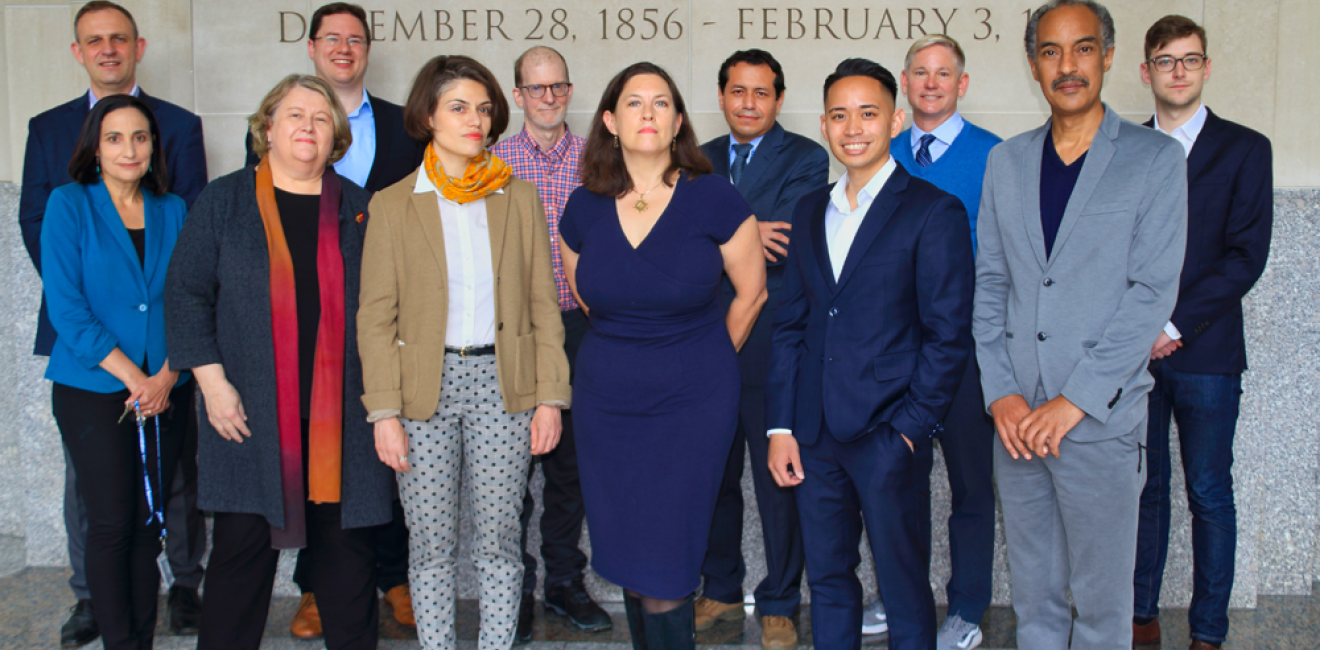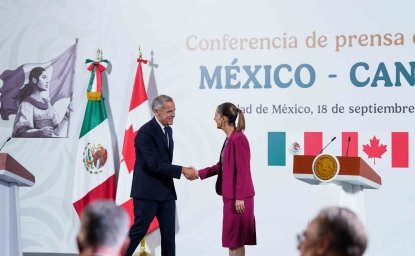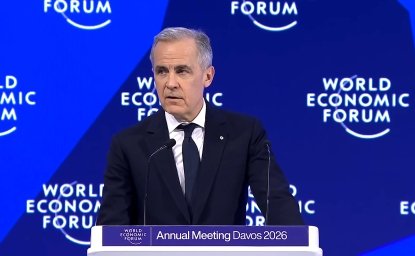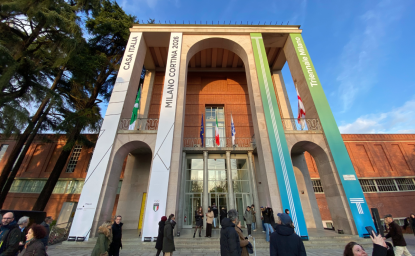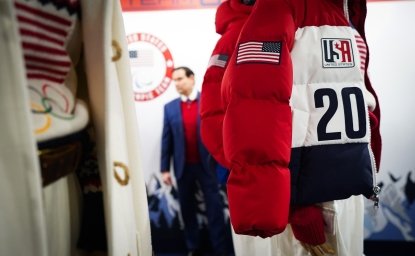The 2020-2021 fellows are listed below along with the projects they will pursue while in residence at the Wilson Center.
David Atwill, Professor of Asian History, Pennsylvania State University. “In China’s Shadow: The Ascendency of High Asia, 1900-1960.”
Lawson Brigham, Distinguished Professor of Geography and Arctic Policy, University of Alaska, Fairbanks. “The Russian Maritime Arctic: Region of Great Change in the 21st Century.”
Nicola Casarini, Senior Research Fellow, Instituto Affari Internazionali, Italy. “US and EU Perspectives on China’s Trade, Financial and Monetary Power: Towards a Common Transatlantic Approach or Divergence?”
Elizabeth Chalecki, Associate Professor of International Relations, University of Nebraska Omaha. “Rethinking Sovereignty in a Changed Climate: The National Security Role of Commons-Based Geoengineering.”
Seong-Chang Cheong, Senior Research Fellow, The Sejong Institute, South Korea. “Who Rules and Runs North Korea? Kim Jong UN’s Leadership Style and Changes in North Korea’s Power Elite.”
Nigel Gould-Davies, Associate Fellow, Russia and Eurasia Programme, Chatham House, United Kingdom. “The Political Economy of Russian Power.”
Haifeng Huang, Professor of Economics, Peking University HSBC Business School, China. “Waste Management for Global Sustainability: Comparing China-US Policies and Practices.”
Dalia Kaye, Senior Political Scientist, RAND Corporation. “The Making of U.S. Iran Policy: The Construction of Iran as an Abnormal State and Its Consequences for American Foreign Policy.”
John McQuaid, Independent Journalist. “The Rise of Face Technology.”
Khalid Medani, Associate Professor of Political Science, McGill University. “From Revolution to Resolution? Sudan’s Popular Uprising and the Transition from Autocracy to Democracy.”
Ricardo Mora-Tellez, Professor of Social Science, Princeton University. “Is the Decline of Unauthorized Mexican Immigrants the Result of Worse Employment Prospects as a Consequence of the U.S. Recession or More Permanent Changes in the Mexican Economy and Demographics?”
Thomas Oatley, Professor of Political Science, Tulane University. “The Carbon Peace, the Climate Crisis, and the Fragility of International Order.”
Asher Orkaby, Professor, Department of Near Eastern Studies, Princeton University. “The Tenuous Taboo: Chemical Weapons in the Middle East.”
Andrew Oros, Professor of Political Science and International Studies, Washington College. “America’s Aging Allies in Asia: National Security and Demographic Change in the Indo-Pacific.”
Sergey Radchenko, Professor of International Politics, Cardiff University. “The First Fiddle: A History of the Cold War and After.”
Maria Repnikova, Assistant Professor of Global Communication, Georgia State University. “In the Shadow of the United States: The Rise of Chinese Soft Power in Africa.”
Cynthia Sanborn, Professor of Political Science, Universidad del Pacifico, Peru. “Latin America, China, and the Challenges to Resource Governance.”
Regina Smyth, Professor of Political Science, Indiana University. “Making Elections Work: Policy, Protest, and Social Capacity in Non-democratic Regimes.”
Aili Tripp, Wangari Maathai Professor of Political Science and Gender and Women’s Studies, University of Wisconsin-Madison. “Why Do Authoritarian Regimes in Africa Adopt Women’s Rights?”
Alexey Tsykarev, Chairman, Center for Support of Indigenous Peoples and Civic Diplomacy ‘Young Karelia’. “The Role of Indigenous Peoples in Arctic Diplomacy and Governance.”
